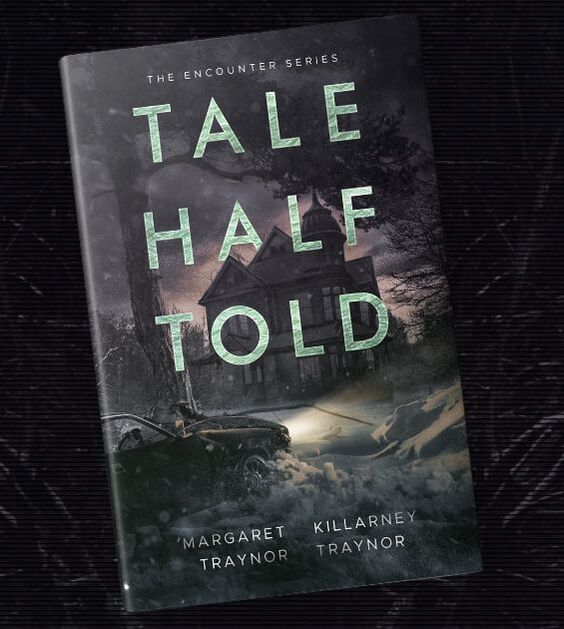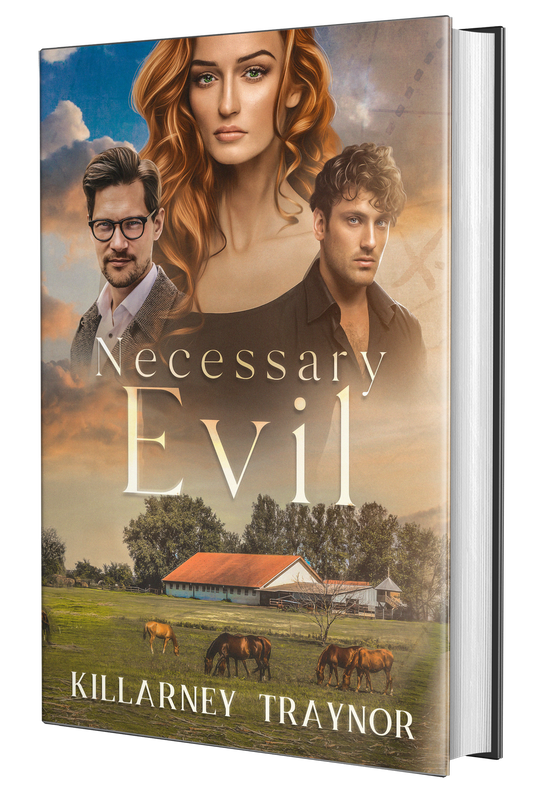 Writing is not for the faint of heart. Like distance running, Marine training, obstacle courses, or marathon sessions with your drama friend, it requires stamina, endurance, resolve, and a healthy sense of humor and balance. Here, then, are four things to keep in mind when you start. 1. It's not all buttercups and Mary-Higgins-Clark It's easy to look at the success stories of Mary Higgins Clark and Stephen King and think, "Man, all I need to do is finish my zombie-end times-love triangle-coming of age-story and I'll be made!" Yeah. Sure. Unfortunately for you, half the country is thinking the same thing and the market is glutted. Stories of lucky breaks and amazing hidden talent are everywhere, but it's probably best not to bank on it. Your zombie novel rocks, but convincing anyone to read it is another story altogether. The takeaway: Write and publish only because you like your story and you're already a winner - and if you happen to become an overnight success, that'll be a nice (read: really, really nice) bonus. 2. You will get feedback: all kinds Announce that you write and you'll get as many different reactions as there are people in the room. While almost all your friends will be enthusiastic (if you find differently, you need a better class of friends), you'll get reactions from starry-eyed comparisons to Hemingway and Harper Lee to barely concealed eye rolls and 'How can you expect to make a living off of that'? The takeaway: Keep it all in perspective. You aren't Hemingway (there was only one) and you aren't an idiot. Let the both the criticism and the compliments roll off your back and keep writing. 3. You will have down times Writing can be tons of fun, especially when you've got a great story and your vision is clear. But there are going to be days when you look back on what you've written and think, 'I thought this was good?' and other days when you can't write anything at all, when you're convinced that you'll never write again. The takeaway: This is normal. You're a human, not a machine and unless you've got a deadline, you can afford to take a break. Bad days are always followed by better ones, so just ride it out. If you're really stuck, take your work to your editor or a trusted friend and get their opinion. Nine times out of ten, they'll tell you that it's not as bad as you think. 4. Bad reviews The nature of the business is that writing is done in private, shown in public. No one paints a landscape and then hides it in the closet. But showing your work involves risk and in writing, that risk is most often displayed as a bad review. There are as many different types of readers as there are writers and bad reviews are just part of the process. When you get one, don't panic: analyze. Ask yourself the following questions: 1. Did the reader actually read the story? (Yes, I'm serious - sometimes they just post) 2. Did the reader understand what you were trying to do? (They were looking for Jane Austen and your zombie-end times-love triangle-coming of age is many things, but a sparkling British comedy it is not.) 3. Do they make any salient points about plot, narrative, or grammar? Or is this merely venting? (Occasionally the readers have a point: Guy B really should have gotten the girl, because Guy A was showed stalker/obsessive tendencies that you didn't notice. But this is rare and, anyway, your critique group probably would have warned you.) If the answer to any or all of these questions is 'No', you can rest easy. This was a case of misunderstanding on their part and your work is still good. The takeaway: You will get back reviews and some of them will really sting. If they make a good point, learn from it. But in the end, remember why you wrote the story in the first place - whether it was for a friend, to make a point, or just to get it off your mind - and you'll find that the bad review is only a small bump in the road. Just keep trucking. To sum up, writing is a fantastically fun way to spend time, create worlds, and spread your creative wings, but it does require a certain amount of mental toughness. In the end, you aren't your project - you are complete within yourself, valuable and needed even without the pen in your hand. So keep writing and have fun. To further drive the point home, here's some wisdom from Stephen King: "Writing isn't about making money, getting famous, getting dates, getting laid, or making friends. In the end, it's about enriching the lives of those who will read your work, and enriching your own life as well. It's about getting up, getting well, and getting over. Getting happy, okay? Getting happy."
0 Comments
Your comment will be posted after it is approved.
Leave a Reply. |
The BlogWelcome to Categories
All
|
Copyright © Killarney Traynor
All Rights Reserved.
No part of this website may be reproduced without
the Owner's express consent. [Backlinks allowed.]
All Rights Reserved.
No part of this website may be reproduced without
the Owner's express consent. [Backlinks allowed.]


